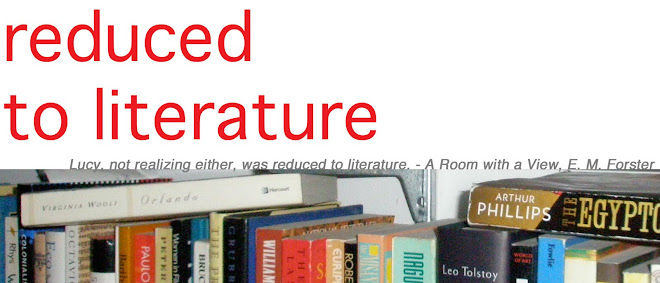I loved Jonathan Franzen's The Corrections , but he has a really strange idea of summer reading. I'm planning a well-deserved vaca, if I do say so myself: A few days on the coast with nothing to do but take walks, knit, and read. With the added benefit of a great kitchen (Viking stove!) for Mr. RTL to keep me well fed, I can’t think of anything better in this time zone. I thought as part of my planning, I’d check out the summer reading suggestions on the New York Times Books page. Their engaging picnic graphic (see above) drew me in and made me believe in long, warm days and lazy, wine-soaked evenings. O-M-G, was I in for it. My idea of summer reading leans to the, if not trashy, certainly the light and even silly. In a word: fun. I think summer reading should steer clear of angst and pain. Maybe it’s just me. . .Franzen clearly disagrees.
, but he has a really strange idea of summer reading. I'm planning a well-deserved vaca, if I do say so myself: A few days on the coast with nothing to do but take walks, knit, and read. With the added benefit of a great kitchen (Viking stove!) for Mr. RTL to keep me well fed, I can’t think of anything better in this time zone. I thought as part of my planning, I’d check out the summer reading suggestions on the New York Times Books page. Their engaging picnic graphic (see above) drew me in and made me believe in long, warm days and lazy, wine-soaked evenings. O-M-G, was I in for it. My idea of summer reading leans to the, if not trashy, certainly the light and even silly. In a word: fun. I think summer reading should steer clear of angst and pain. Maybe it’s just me. . .Franzen clearly disagrees.
So, I’m rocking out to some FYC (The Raw and The Cooked) , perusing the NYT and I see an essay by Franzen on the novel, The Man Who Loved Children, by Christina Stead. Hmm, this looks promising. Even with the summary, “Christina Stead’s masterly 1940 novel of extreme family dysfunction deserves a permanent place in the canon,” I was not deterred. Turns out that the key word in that summary is not “masterly;" it’s “extreme.” Oh, my.
, perusing the NYT and I see an essay by Franzen on the novel, The Man Who Loved Children, by Christina Stead. Hmm, this looks promising. Even with the summary, “Christina Stead’s masterly 1940 novel of extreme family dysfunction deserves a permanent place in the canon,” I was not deterred. Turns out that the key word in that summary is not “masterly;" it’s “extreme.” Oh, my.
Franzen's essay begins with a coy attempt to put off would-be readers with reasons like novels, especially great novels, are careening over the brink of extinction. But, I love novels! What could be more exciting that finding a heretofore-unknown “great novel”? Franzen teases that this is not a weighty, historical or grand story. Fine with me, who needs all that? He then goes ahead and acknowledges that “the book operates at a pitch of psychological violence that makes “Revolutionary Road” look like “Everybody Loves Raymond.” Bother. We’re talking incest, mind control, and the kind of total, cruel misogyny that I can only describe as sickening. And, mind you, I’ve not actually read it. This is just from the descriptions in a four-page essay. Yikes!
Franzen's essay begins with a coy attempt to put off would-be readers with reasons like novels, especially great novels, are careening over the brink of extinction. But, I love novels! What could be more exciting that finding a heretofore-unknown “great novel”? Franzen teases that this is not a weighty, historical or grand story. Fine with me, who needs all that? He then goes ahead and acknowledges that “the book operates at a pitch of psychological violence that makes “Revolutionary Road” look like “Everybody Loves Raymond.” Bother. We’re talking incest, mind control, and the kind of total, cruel misogyny that I can only describe as sickening. And, mind you, I’ve not actually read it. This is just from the descriptions in a four-page essay. Yikes!
Even with the horror show, my interest was piqued. As a testament to Franzen’s engaging essay, I may seek out a copy of the 1965 issue he reviews because of the description of the introduction written by poet Randall Jarrell. Hmm. . .Perhaps this winter. . .
Here’s what I am taking with me on my summer vacation: Lamb by Christopher Moore.




No comments:
Post a Comment